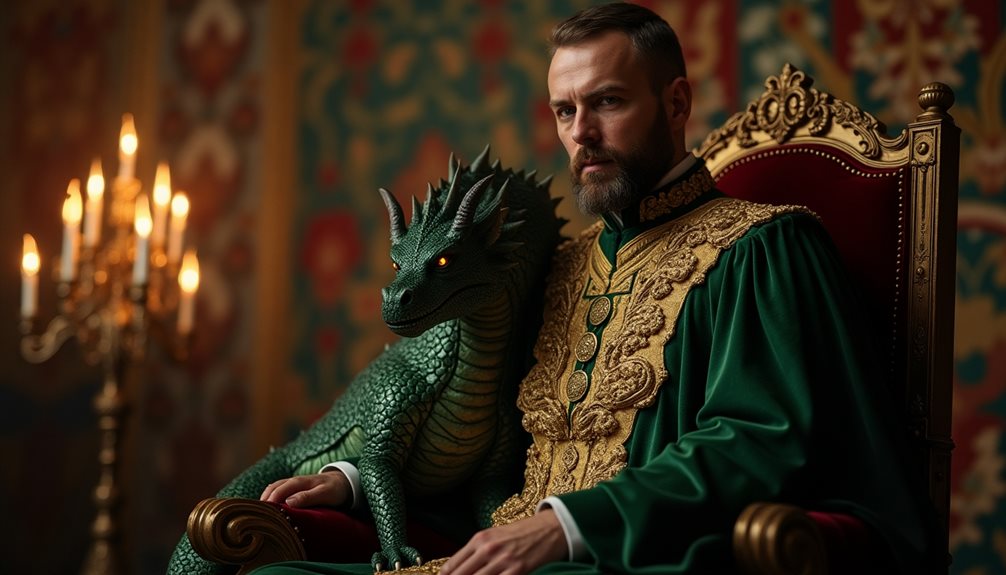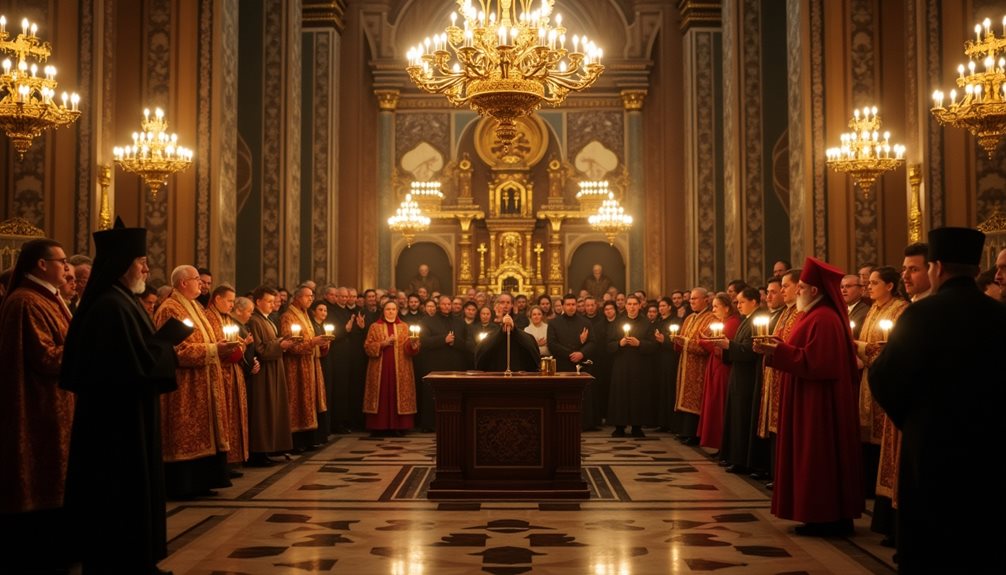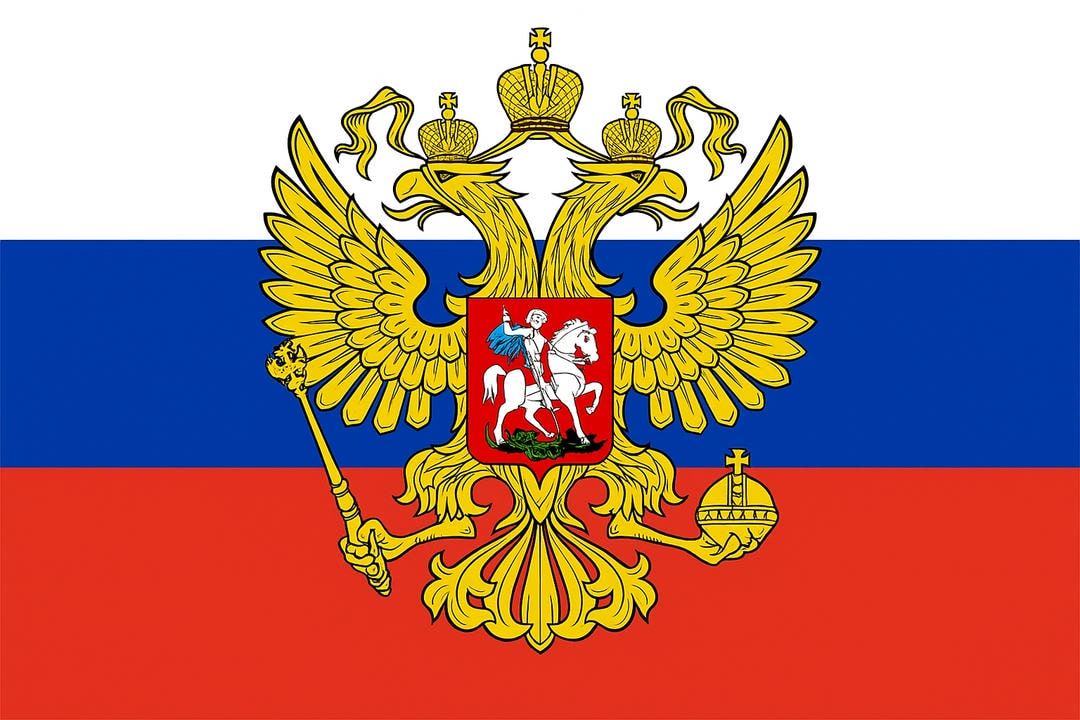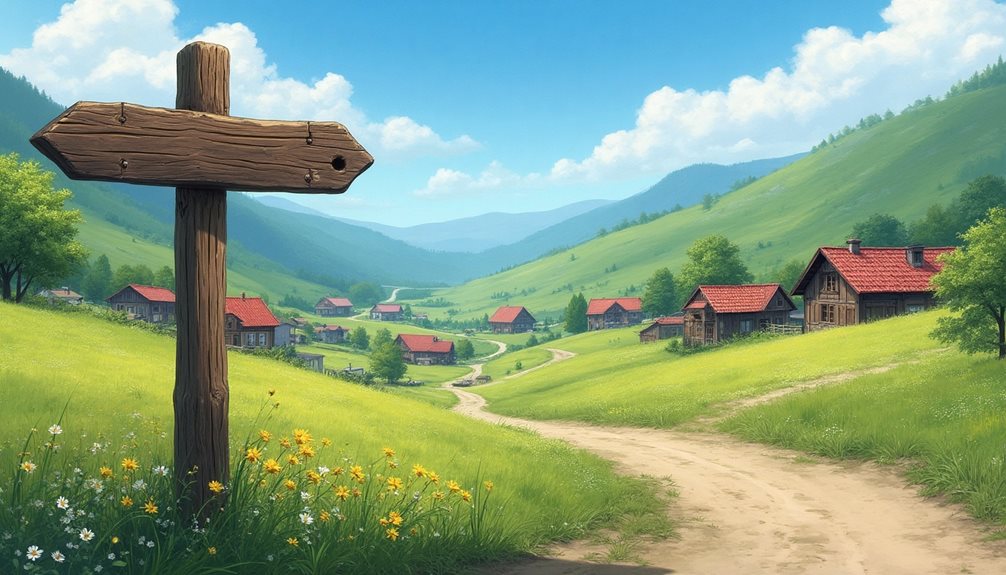Russia Day is a national holiday that marks a pivotal moment in the country’s recent history. It reflects significant shifts in Russia’s national identity and the ongoing process of defining its place in the world after the end of the Soviet era. The celebrations typically include concerts, fireworks, and community programs designed to reinforce cultural heritage and bring people together.
As the nation observes this important day, it prompts reflection on the meaning of national pride and unity in today’s society. What do these commemorations reveal about how Russians see themselves and their country? Russia Day serves as a reminder of the country’s journey and invites ongoing discussion about its values, challenges, and hopes for the future.
Historical Background: From Declaration to National Identity

On June 12, 1990, a key event in Russian history took place: the Congress of People’s Deputies of the Russian Soviet Federative Socialist Republic (RSFSR) adopted the Declaration of State Sovereignty of the RSFSR. This declaration asserted the supremacy of the Russian constitution and laws over those of the Soviet Union, laying the foundation for Russia’s path toward greater autonomy and, eventually, full independence.
The adoption of the declaration occurred during a period of substantial change within the Soviet Union. Central authority was weakening, and there was a strong movement among various republics for more self-determination. For Russians, this declaration was not simply a legal statement—it was a powerful symbol of national self-assertion and a turning point in the country’s modern history.
Public reaction at the time reflected widespread support for increased sovereignty. The sense of national pride and hope for a renewed Russian state resonated deeply with citizens. This moment became a cornerstone for Russia’s subsequent development as an independent nation.
From “Independence Day” to “Russia Day”
Initially, June 12 was informally referred to as “Independence Day,” marking the assertion of Russia’s sovereignty within the dissolving Soviet framework. However, by 1992, the celebration took on a new name and character—“Russia Day” (“День России”)—focusing less on separation and more on unity, nationhood, and shared values.
In 2002, a federal law officially designated June 12 as Russia Day, solidifying its status as one of the country’s most important public holidays.
This evolution reflected broader social and cultural trends. As Russia established itself as a distinct state with its own identity, the holiday came to represent not just political change but also national pride and unity. The shift in name and meaning emphasized continuity, stability, and the aspiration to build a strong, cohesive society rooted in centuries-old traditions and values.
Russia Day is now celebrated throughout the country with a variety of festive events, such as official ceremonies and award presentations, concerts, parades, cultural festivals, and fireworks displays in major cities. Community gatherings reflecting local traditions also play an important role in the celebrations. The holiday serves as a unifying force, encouraging citizens to reflect on their shared past, celebrate their cultural heritage, and look forward to a prosperous future. It emphasizes the importance of statehood, patriotism, and civic responsibility. Schools, cultural institutions, and media outlets use this day to promote understanding of Russian history and to foster a sense of belonging among all citizens.![]()
Legacy and Continued Importance
Russia Day has become much more than an anniversary of a legal declaration—it is a national symbol. It represents the resilience and aspirations of the Russian people, their rich history, and their hopes for continued peace and prosperity.
By focusing on unity and shared values rather than political divisions, Russia Day remains an inclusive holiday that strengthens social cohesion. It is a time when Russians everywhere can take pride in their country’s achievements and look confidently toward the future.
Key Points:
- June 12, 1990: Declaration of State Sovereignty adopted.
- 1992–2002: Transition from “Independence Day” to “Russia Day.”
- Russia Day: Marks unity, history, and national pride.
- Celebrations: Feature concerts, awards, fireworks, and community events.
- Legacy: Reinforces national identity and statehood for all Russians.
Evolution of Celebrations
The evolution of Russia Day celebrations over the past several years illustrates a profound shift in both public sentiment and state involvement.
Established in 1990, Russia Day initially struggled to gain widespread recognition. Early celebrations were modest, often limited to small, local gatherings. The day lacked a clear cultural identity, and many citizens were uncertain about its significance amidst the backdrop of political and social change. Governmental endorsement was sporadic, contributing to its subdued status.
This began to change after 2003, when the government took a more active role in promoting Russia Day. Through state-sponsored initiatives and cultural programs, the holiday was increasingly presented as a symbol of national unity and pride. The official support helped foster greater public engagement, intertwining the holiday with expressions of Russian identity and heritage.
Today, Russia Day is celebrated across the country with vibrant festivities. Major cities host concerts, fireworks displays, and patriotic events that draw large crowds. Community parades fill the streets, featuring performances by local artists and organizations that showcase both traditional and modern aspects of Russian culture. Family gatherings are also an important part of the day, providing an opportunity to reflect on national history and achievements.
These contemporary traditions highlight the holiday’s transformation from a little-known observance to a key expression of Russian national pride, reflecting the diverse and evolving fabric of Russian identity.
Cultural and Social Impact
Russia Day stands as a powerful symbol of national pride and unity, deeply woven into the collective identity of the Russian people. While the day marks an important milestone in the nation’s political history, its true strength lies in its ability to unite citizens across regions, backgrounds, and generations.
Beyond its official significance, Russia Day serves as the informal gateway to summer—a season cherished throughout the country. The holiday sparks a nationwide atmosphere of celebration, leisure, and togetherness. Streets fill with music, city squares host performances, and families gather outdoors. This shared sense of festivity brings to life the vibrant spirit of Russian society, reflecting not just its diversity but also the deep bonds that link its people.
At the heart of Russia Day is a celebration of unity. The day provides a platform for citizens to express their love for their country, honoring centuries of resilience and achievement. Patriotic colors wave proudly, and the national anthem echoes across cities and villages alike. In these moments, Russians reaffirm their commitment to a shared future—rooted in mutual respect, support, and collective memory.
The holiday highlights Russia’s rich tapestry of cultures and traditions. From Kaliningrad to Vladivostok, local festivities showcase folk music, traditional dances, and regional cuisines. This mosaic of celebration not only honors historical legacies but also emphasizes inclusivity. Recent years have seen more participation from young people and underrepresented groups, reinforcing the idea that Russia Day belongs to everyone.
Family and Community Traditions
Russia Day is also a time for families and neighbors to come together. Picnics in parks, barbecues by riversides, and community events turn the day into a festival of connection. Elders share stories, children play games, and new friendships are forged. These traditions are more than just leisure—they strengthen social ties, nurture a sense of belonging, and pass on cultural values to new generations.
A Living Celebration
What makes Russia Day truly unique is the way it blends historical reflection with present-day joy. It honors past struggles and achievements while inspiring hope for what lies ahead. Each year, the celebrations reflect Russia’s ongoing journey—resilient, proud, and united.
By commemorating Russia Day, citizens celebrate their heritage and express optimism for their country’s future. It is a day that not only marks the beginning of summer but also reaffirms the enduring values that define Russian society: unity, strength, community, and pride.
Russia Day is more than a holiday—it is a living testament to the spirit of the Russian people.
Significance of Russia Day
Russia Day stands as a meaningful reflection on the nation’s journey toward sovereignty and self-definition. This holiday is more than a simple celebration of historic events; it marks a pivotal point in the ongoing formation of contemporary Russian identity.
As perceptions of this day continue to change, they highlight how stories of independence and unity resonate with people in an increasingly interconnected world.
Reflecting on Sovereignty
Russia’s path to sovereignty has been marked by profound changes. The dissolution of the Soviet Union and the emergence of a distinct Russian state represent major political milestones. Over the years, there has been a noticeable shift in public sentiment: citizens have grown to place greater value on their cultural heritage and national pride.
Navigating its role on the global stage, Russia weaves together history and modern aspirations. This ongoing transformation has shaped a collective identity that honors the past while looking toward the future.
Russia Day’s Modern Meaning
Today, Russia Day has become a powerful symbol of national identity and shared memory. It is more than just a day off—it serves as a cornerstone for cultural significance, reinforcing unity across diverse regions and backgrounds.
The holiday’s modern symbolism lies in its ability to connect the nation’s evolution with public sentiment. For many, it represents both a commitment to sovereignty and a testament to resilience. The celebrations provide an opportunity for people to express their identity, engage with their heritage, and embrace contemporary values.
Celebrations
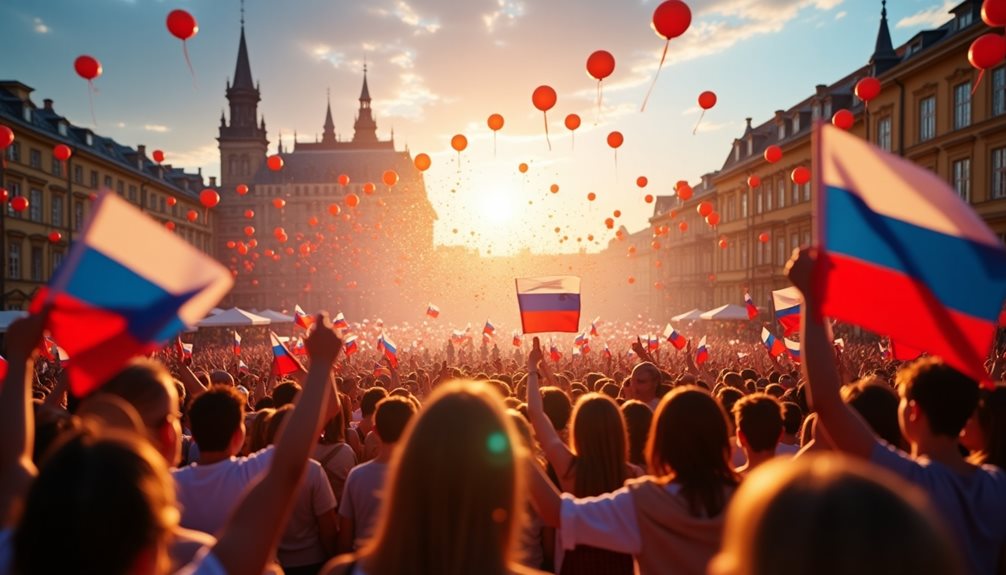
Russia Day is a major national holiday celebrated across the country, honoring Russia’s rich history, cultural diversity, and national unity. The day is marked by ambitious festivities that reflect the spirit and traditions of the Russian people.
At the heart of the celebrations is a grand concert on Red Square, featuring performances from renowned artists that showcase Russia’s artistic achievements and highlight the strength of national unity. The presentation of state awards recognizes citizens who have made outstanding contributions to the country, reinforcing a sense of pride and public involvement. Dazzling fireworks displays light up the night sky in cities nationwide, symbolizing hope, resilience, and collective spirit.
Across Russia, regions and cities hold their own special events. In Moscow, parks become vibrant hubs of activity with historical exhibitions inviting citizens to explore the story of their country. Interactive workshops, live performances, and family-friendly activities ensure that everyone, regardless of age or background, can join in the celebration and strengthen community bonds.
The holiday shines a spotlight on regional traditions through music, dance, and culinary showcases. These events create a platform for Russia’s many cultures to be celebrated and appreciated, fostering understanding and unity among the diverse peoples of the nation.
Over time, Russia Day has become a cornerstone of national identity. It stands as a reminder of the country’s journey through challenges and successes—emphasizing unity, resilience, and cultural pride. Participation in Russia Day celebrations offers all citizens a chance to reconnect with their shared history and values.
By bringing people together in joyful commemoration, Russia Day continues to inspire hope for the future—strengthening communal ties and reinforcing the narrative of unity that defines the nation.

